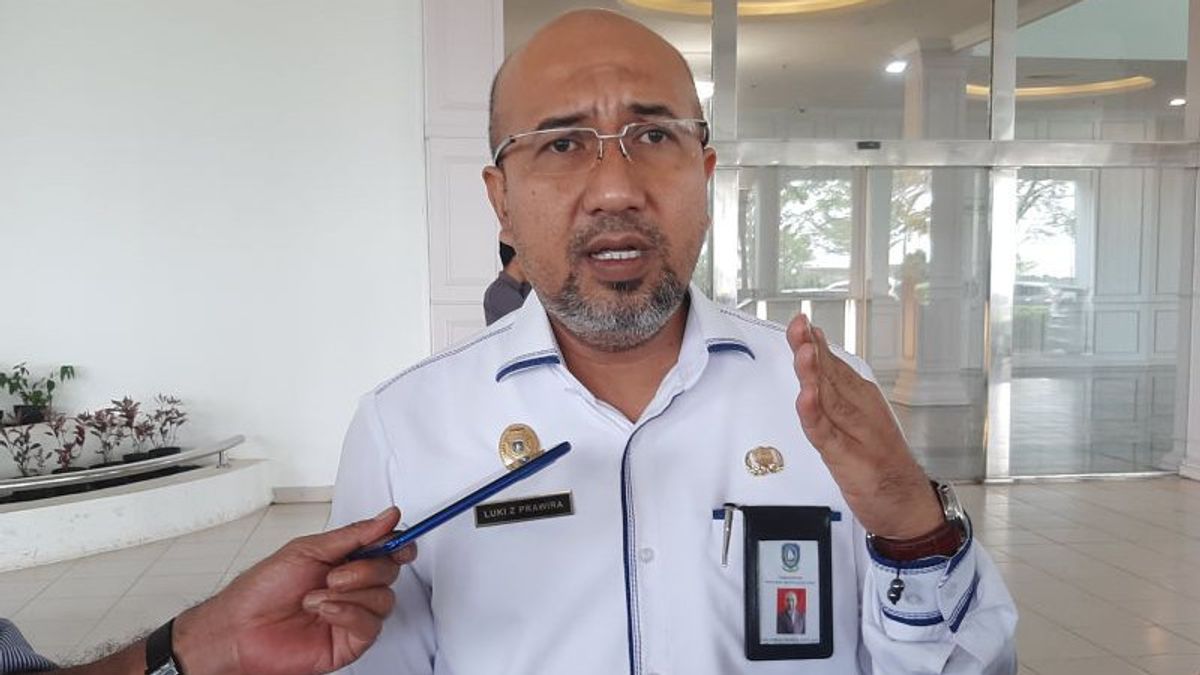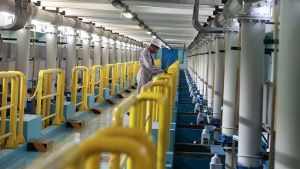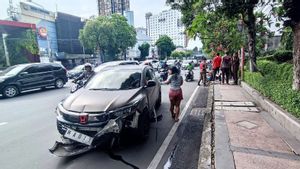Assistant II of the Riau Islands Provincial Government (Kepri) for Development Economics Luki Zaiman Prawira stated that the poverty rate in the area ranks sixth lowest in Indonesia and is below the national poverty average.
"The Riau Islands Province according to the calculation of the Central Statistics Agency (BPS) in September 2022 ranks sixth highest nationally and is below the national poverty average," Luki said in Tanjungpinang, Antara, Friday, January 20.
Based on official statistical news issued by BPS Kepri on Monday, January 16, the percentage of poor people in Riau Islands in September 2022 was 6.03 percent, a decrease of 0.21 percentage points compared to March 2022 which was 6.24 percent.
This figure is still below the national poverty rate of 9.57 percent. The number of poor people in the Riau Islands for the September 2022 period was 148.89 thousand people, a decrease of 2.79 thousand people compared to March 2022.
Luki said BPS calculates poverty twice a year in March and September. To measure poverty, BPS uses the basic need concept or basic needs approach.
With this approach, he said, poverty is seen as an economic inability to meet basic food and non-food needs as measured by the poverty line including food and non-food.
"In addition, the Gini Ratio figure in Riau Islands in September was 0.325. It decreased by 0.017 points compared to March 2022 by 0.342, meaning that expenditure inequality decreased in the September 2022 period," he said.
He revealed that Riau Islands Governor Ansar Ahmad took the hands of all local district and city governments to work together to reduce poverty.
The Riau Islands Provincial Government continues to tackle poverty by controlling inflation through market operations, providing social protection through social assistance, as well as MSME interest subsidies and sea transportation assistance for students.
"In line with the distribution of social assistance, the creation of proper employment opportunities and the improvement of wage standards are needed to strengthen people's purchasing power in welcoming economic uncertainty in the future," he said.
In addition, he continued, increasing the level of public income can basically help reduce poverty or prevent the emergence of new poor people. However, efforts to improve income are needed more in the informal sector than formally, because the number of poor people who work in the informal sector is more.
Along with that, efforts to control inflation to remain stable and low and sustainable social protection policies must continue to be carried out as a social cushion for vulnerable citizens.
"Compared to the minimum wage that applies in the formal sector, policies that focus on the informal sector will have a more meaningful impact, such as assistance for micro and small businesses or assistance for farmers and fishermen," said Luki.
He added that in the future, to maintain the purchasing power and consumption of the poor and vulnerable, the government will continue the social assistance program and run community empowerment programs.
The English, Chinese, Japanese, Arabic, and French versions are automatically generated by the AI. So there may still be inaccuracies in translating, please always see Indonesian as our main language. (system supported by DigitalSiber.id)
Most Popular Tags
#Prabowo Subianto #New Year #airplane accident #Hasto Kristiyanto #nataru #squid game 2Popular
03 Januari 2025, 06:15
03 Januari 2025, 00:02
03 Januari 2025, 04:00
03 Januari 2025, 07:35













